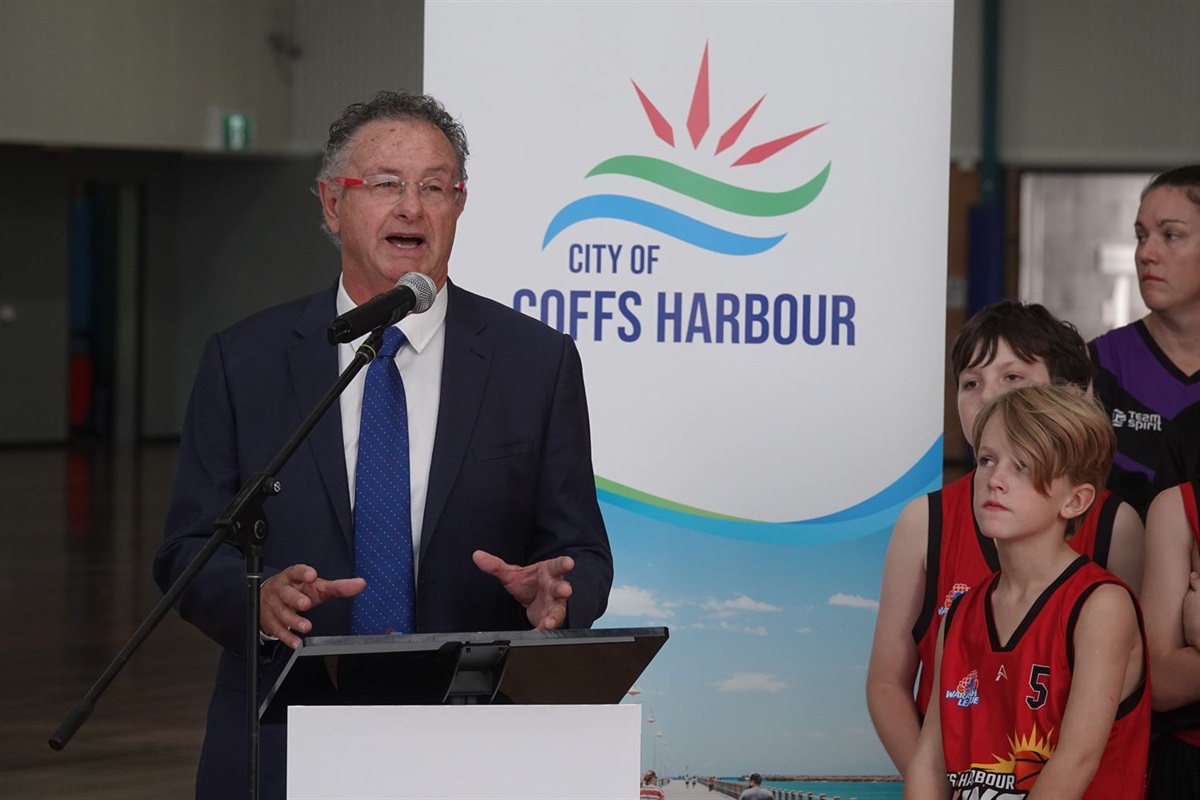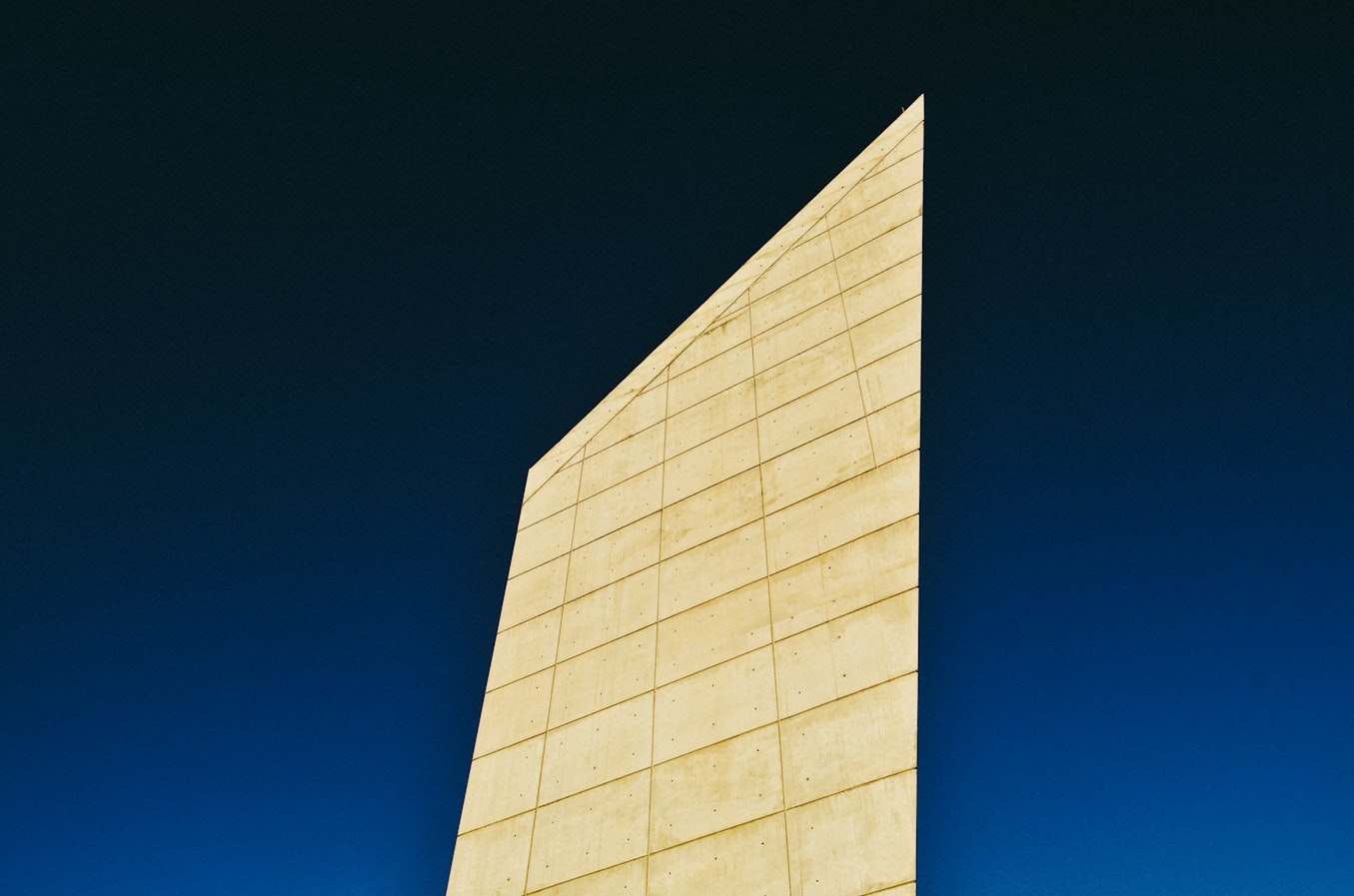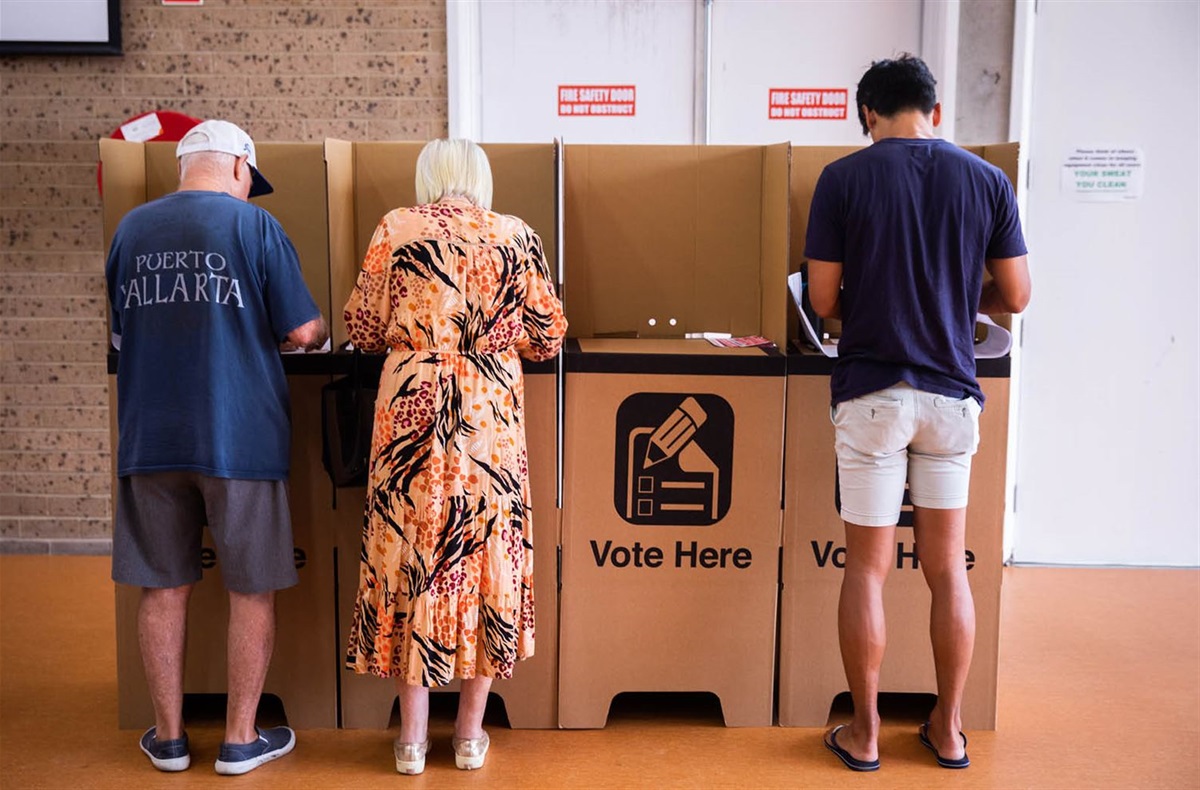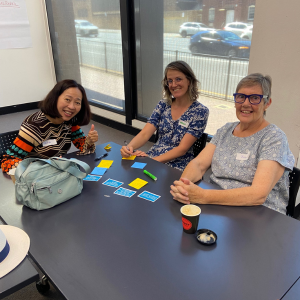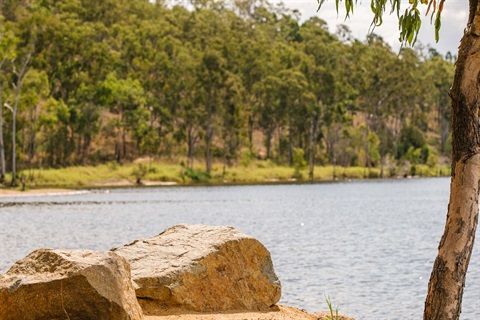This article was first published in the ADA’s News Bulletin December 2021 edition – for the full issue and back issues, go to News Bulletin online
With the festive season here, we’re reminded that one of the most rewarding parts of the holidays is the spirit of giving and charity. New Years’ resolution time is perfect to consider ways in which we as practitioners can give back a little – and there are so many organisations within our industry that are well placed to make
volunteering and ‘giving back’ an easier process.
Within the ADA, the Australian Dental Health Foundation (ADHF) is a simple place to start. This Foundation coordinates a host of volunteer and pro bono dental programs that work in conjunction with community groups and charities to deliver treatment to those in need. With the help of everyday dental practitioners, the ADHF can reach those most disadvantaged and in need of timely dental work. Particularly during the pandemic, access may have become even more limited for vulnerable people.
“We want to communicate with our members that the ADHF is not about trying to take people out of the public system,” says Lesley Morgan, the ADHF’s national coordinator, “but rather looks to care for people who fall through the cracks – due to difficulties in accessing appropriate services, or the overburdened public system – via the private system instead”.
“Every year we are so pleased to hear from ADA members who have made a conscious decision to do something quantifiable to help out less fortunate or more marginalised members of the Australian community.”
The ADHF runs three major programs:
REBUILDING SMILES
Providing pro bono assistance to women who have sustained oral injuries or dental trauma as a result of domestic violence;
ADOPT A PATIENT
Pairing dentists and practices with patients in need of more complex dental or oral care, so that the course of treatment can be carried through to completion; and
DENTAL RESCUE DAYS
Allowing practices to put aside time to see and treat patients referred by charities and not-for-profit organisations.
However, these programs are not the total length and breadth of the Foundation’s scope. In addition to its volunteer programs, the ADHF provides funding for Indigenous Study Grants for Dental Hygiene or Oral Health Therapy students, and it partners with the Mars Wrigley Foundation to fund a Community Grants program, supporting community-based oral health programs within Australia.
On top of this, the ADHF also regularly collaborates with State Branches and organisations to generate and coordinate a host of other innovative events and programs. For example:
In SOUTH AUSTRALIA, a recent agreement with ADASA has more closely embedded an ADHF Coordinator into the Branch’s main staff structure, allowing her to be more directly connected with the state’s ADA membership and have more reach in implementing ADHF works;
In TASMANIA, a Tasmanian Community Fund grant has been successfully won, which will be used to fund a Tasmanian ADHF Coordinator within this State’s Branch. This is the first time there has been a local Coordinator on the ground in Tasmania, and will translate to a wider range and better access to volunteer programs for Tasmanian ADA members;
In QUEENSLAND, a volunteering committee has recently been established to allow more communication and potential collaboration between local volunteer organisations. As one example, a pilot clinic run in collaboration with ADAQ now provides the perfect way for Queensland ADA members to become ADHF volunteers, giving their time once a month to treat local patients from a longterm residential facility for people with disability;
In WESTERN AUSTRALIA, a volunteer committee is now also in place, and the Fremantle Foundation grant is providing funds to assist in the running of St Patrick’s dental clinic in Fremantle. (See the next page to hear from ADAWA CEO David Hallett on the ‘state’ of volunteering in WA);
In NEW SOUTH WALES, the ADA NSW volunteer clinic coordinated by not-for-profit organisation Filling the Gap continues to provide a clear pathway for practitioners wanting to donate their time to treat ADHF-selected patients.
Support during the pandemic
Sometimes protracted lockdowns, especially in Victoria and New South Wales, have led to long public waiting lists, increasing the difficulty for many in the community to access dental services. On top of that, restrictions on the practice of dentistry has led to a quantifiable backlog in private practice, and leading on from that, fewer
appointments able to be made available for ADHF patients and pro bono work.
This makes it even more important for ADHF volunteers to make up the ‘shortfall’ in oral healthcare. The ADHF has delivered $1.156 million worth of care this year – up even from the ‘prepandemic’ 2019 figure of $1.056 million.
The Esesson Foundation
Recognising that underprivileged children are a major demographic ‘falling through the cracks’, CEO Dr Ajitha Naidu Sugnanam formed the Esesson Foundation 10 years ago, and two years ago in Australia where she and her team continue to coordinate healthcare initiatives.
The foundation aims to provide children from vulnerable segments of the community, from low socio-economic backgrounds, domestic violence-affected or refugee or asylum-seeking backgrounds, with the oral care they need.
“I didn’t set out focusing on children or on a particular group,” says Dr Sugnanam, “but research showed that waitlists for children were extremely long, and asylum seekers and refugees were amongst the most vulnerable.”
Esesson Foundation achieves its mission by coordinating volunteers (clinicians, assistants, support staff) who are passionate about helping children in need. Volunteeers may have the opportunity to provide treatment, such as assisting with surgeries, oral advice and preventative education to the children, or simply engage children while they wait for their treatment.
University dental students make up the majority of support staff, as they benefit from learning from experienced clinicians as well as from ‘giving back’ so early in their career, even if it is just providing oral hygiene instruction for a day.
“The students have been overwhelmingly proactive and so passionate and hard working,” says Dr Sugnanam. “We really couldn’t have done without them.”
The passion and success of this program was highlighted this year when several private practices from Gold Coast and Brisbane areas came on board to provide clinical space and time. The clinic days can include anywhere from 10 to 16 children arriving at the clinic, oral hygiene instruction and games for the children while comprehensive oral exams and treatment is completed, and can run for up to 10 hours long.
“We most definitely need more specialists – specifically endodontists, and paediatric dentists,” says Dr Sugnanam, “and we’re always looking for new private practices interested in joining us to provide these children with the best care. Imagine what we could achieve if every private practice put aside one day a year to provide care to these children?”
The state of volunteering:the case of Western Australia
The CEO of the ADAWA, David Hallett tells us about the complex network of volunteering work that is embedded within Western Australia’s wide boundaries and diverse dental community.
“Dental volunteerism in WA can best be described as a unique dental community within the WA dental profession committed to improving the oral health outcomes of the most vulnerable and disadvantaged in our society. One of ADAWA’s truly dedicated volunteers best describes these patients ‘as those members of our society who have fallen between the cracks’ when it comes to their inequality in accessing oral healthcare.
“The dental community comprises all members of the dental team, including dentists, dental specialists, oral health therapists, dental therapists and hygienists, reception staff and dental and OHT students. Many members involve themselves in more than one project.
“A combination of statistics suggests at least 20% of ADAWA members have formally volunteered over the past four to five years. WA is a very large state with approximately 17% living in regional areas and 7% in remote or very remote areas. Of course, no statistic can assess the amount of pro bono treatment provided by dentists in their own practices on a daily basis. The ADAWA actively promotes volunteerism through its various media platforms, and our human-interest stories are always extremely well received.
“To do good (beneficence) is a core ethical value of being an ADAWA member. The traits of compassion and altruism displayed by our members is extraordinary conduct that exceeds the regulatory and compliance framework of being a dental practitioner. There is no doubt dental volunteerism significantly increases political and societal perceptions of the dental profession in WA.
The programs
“There are a range of structured varied programs that all collaborate to enhance existing programs in striving for the best outcomes for their patients, whether they be the socially disadvantaged, homeless, refugees, Aboriginal people, domestic violence victims or a combination of multiple vulnerabilities.
“The Kimberley Dental Team founded by Dr John Owen AM and Jan Owen AM in 2009 work with WA Dental Health Services and the Oral Improvement Unit of the WA Health Department, the University of WA and Aboriginal Medical Services. Their mission is to improve the well-being and dental health of Indigenous children and their families. Dental personnel volunteer for one or two weeks per year at a time to work with the team.
“The ADHF WA has been embraced by ADAWA members and the broader profession. Dental Rescue Days, Adopt A Patient, Rebuilding Smiles and Homeless Connect all attract widespread support.
“The ADHF WA and Healing Smiles have engaged with country members to work with country patients in need of care. Healing Smiles is a team of committed female volunteers who identified the need to provide women who have suffered from domestic violence, access to dental treatment and care in a safe and welcoming environment without fear or financial, physical and emotional limitations. The care is sensitive to their patient’s psychological, cultural and socio-economic needs.
“Healing Smiles comprises a team of 60 female dentists and dental specialists with backup from OHTs, dental technicians, dental assistants and dental students working collaboratively with women refuge agencies and case workers. A recent WA Government Grant will allow Healing Smiles to expand its services and establish a purpose-built clinic.
“TIMA Perth (Tzu Chi Foundation) has been growing since 2013 through its monthly programs providing care to the homeless and to refugees.
“For over 40 years St Patrick’s Community Support Centre has worked to provide immediate and holistic care for the homeless, those at risk of being homeless and the disadvantaged in Fremantle and surrounding areas. In 2016, to further enhance their community services, with the support of many sponsors and partners, a purpose-built dental clinic was established.
“Currently the St Pat’s Oral Health Clinic opens seven days per fortnight and is currently manned by a team of 15 dentists, six OHTs and an employed dental assistant. A substantial Fremantle Community Grant awarded to the WA ADHF has enabled the clinic to better manage the clinic, engage a regular dental assistant and subsidise laboratory work.
“We are particularly fortunate to collaborate with the Curtin University Oral Health Therapy clinic, OHCWA, for twice yearly DRDs, on a large scale. At least 30 patients are able to access pro bono dental treatment on the one day. With an abundance of volunteers to pool from, and often TAFE student dental assistants also invited to participate, it is a unique opportunity for the dental fraternity to engage and work as a team.
“Finally, we can also mention that UWA final year dental students attend an annual presentation with speakers, including Dr Russell Gordon (Chair of WA ADHF), which is an opportunity to inform and enlighten future graduates about the benefits of giving back to the community.”



